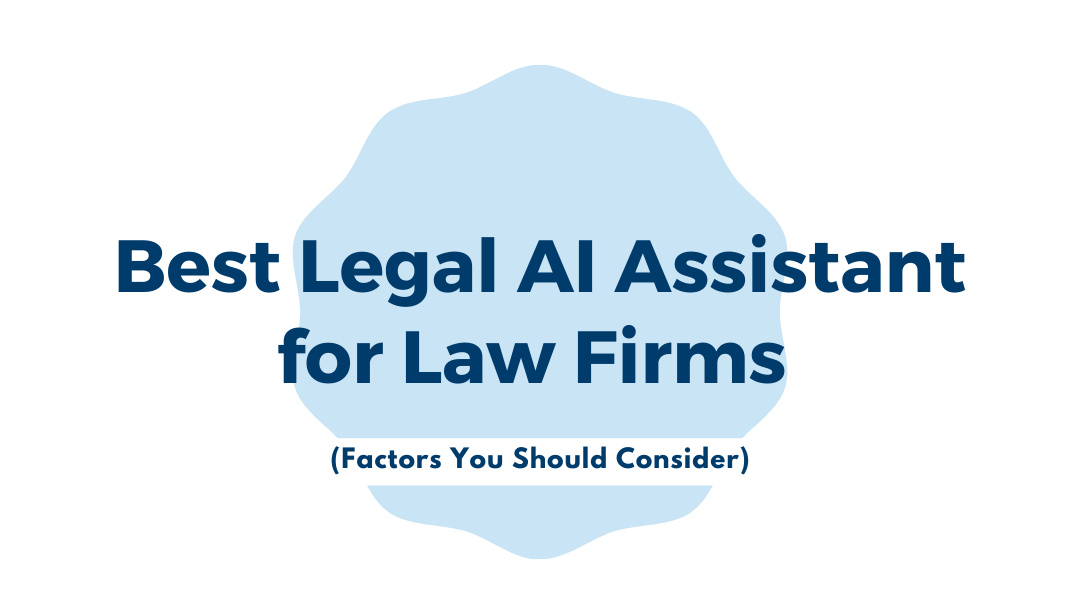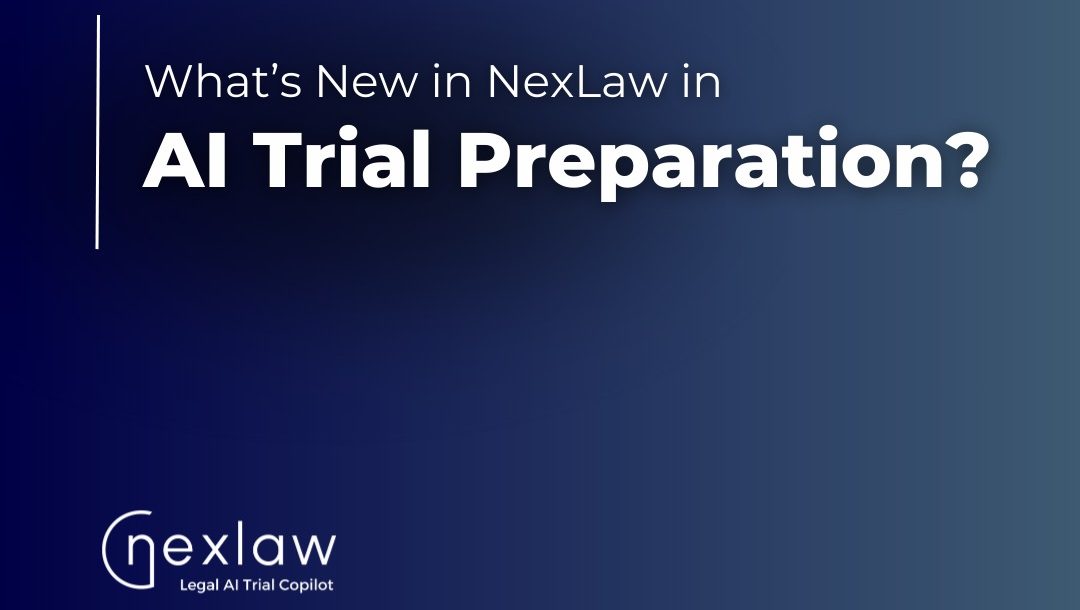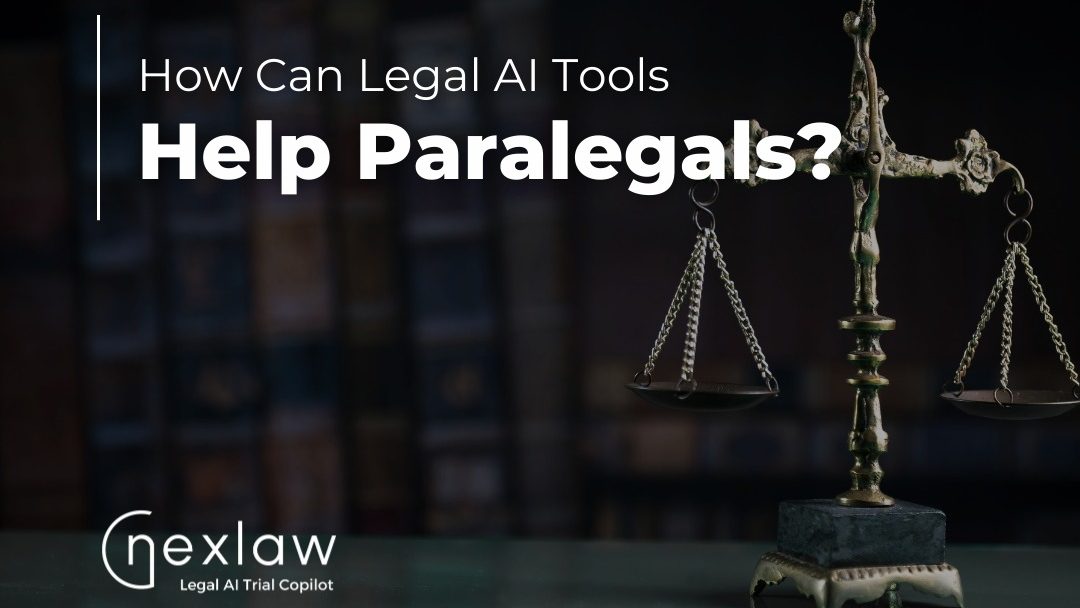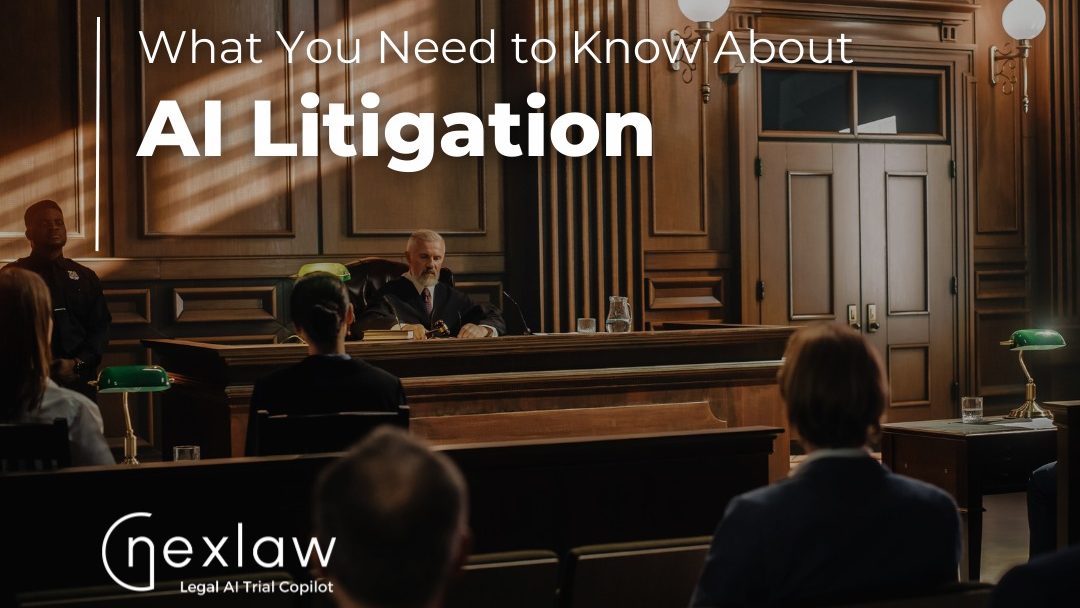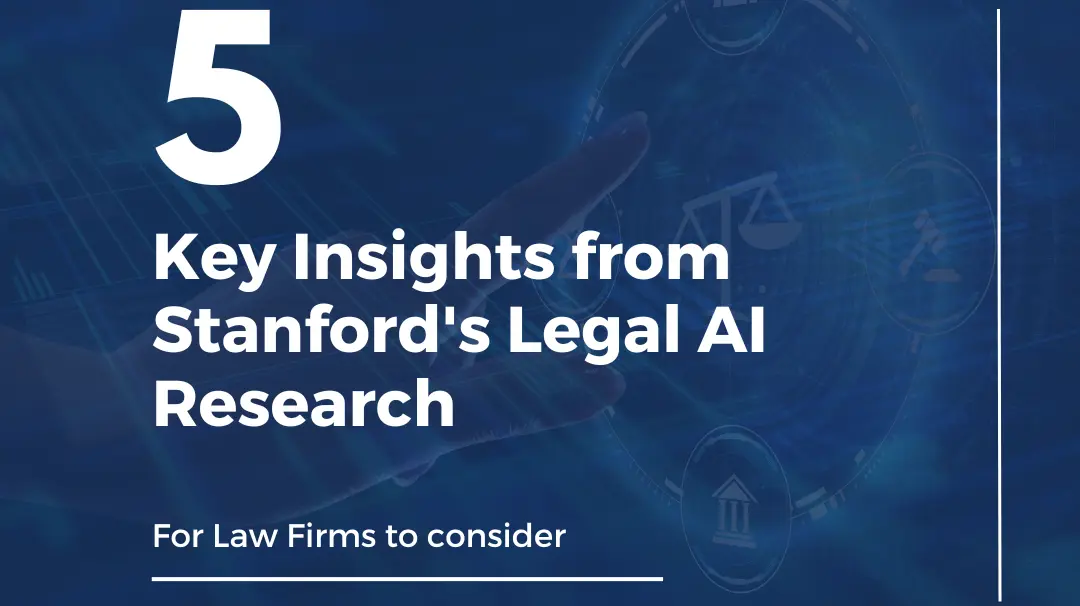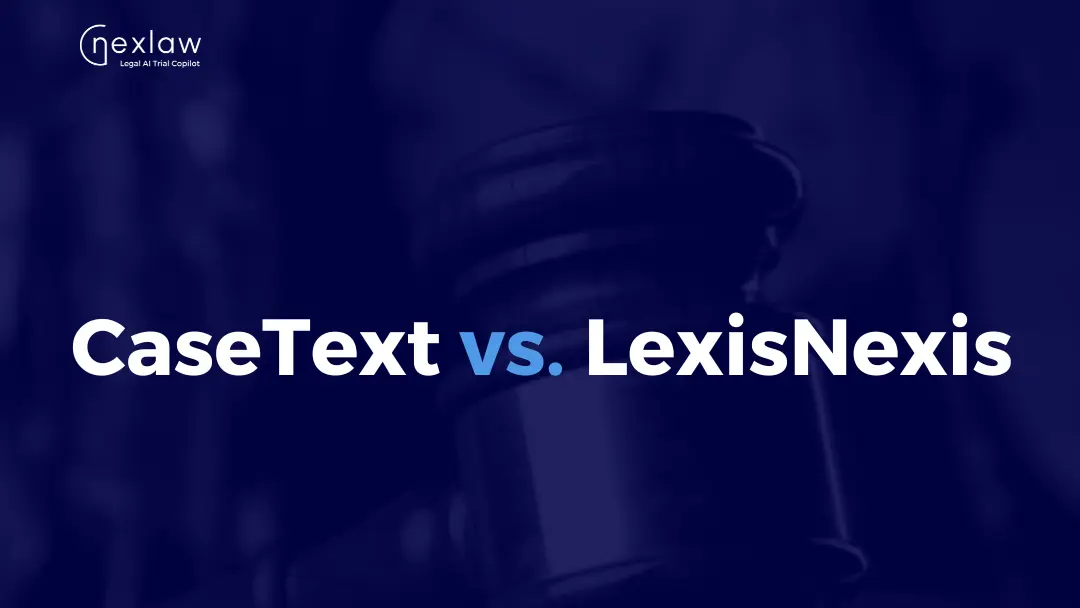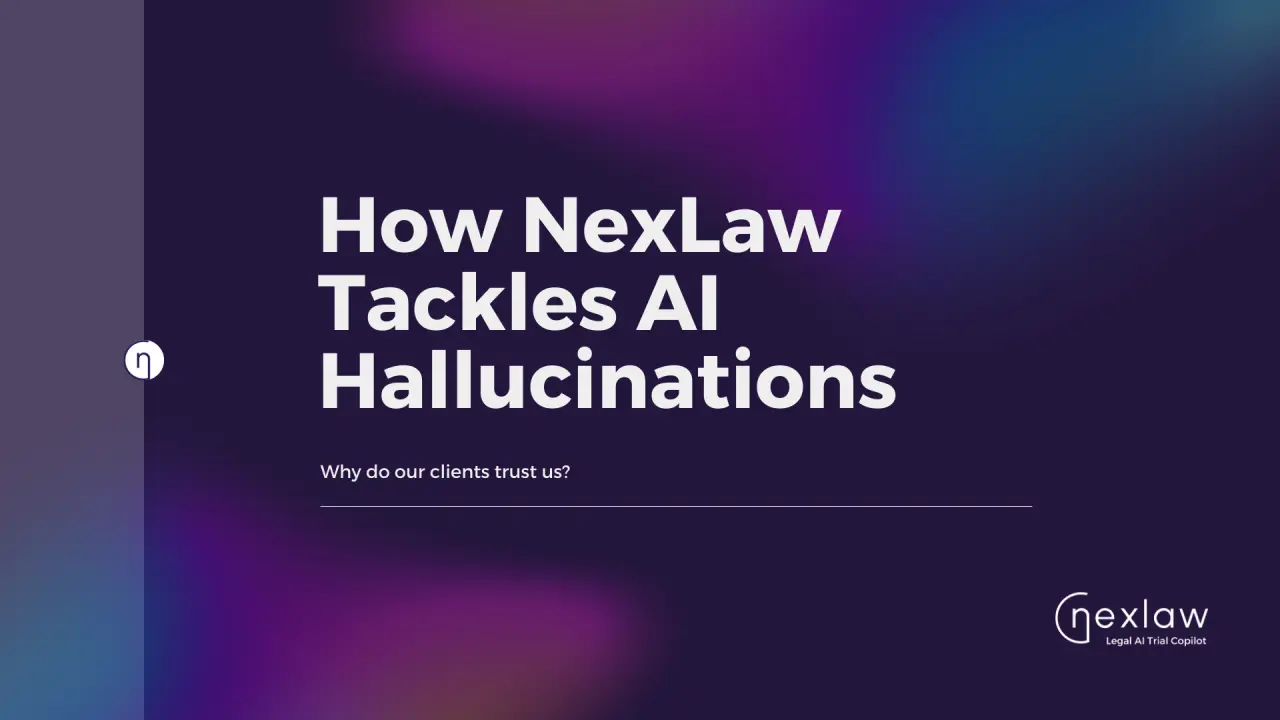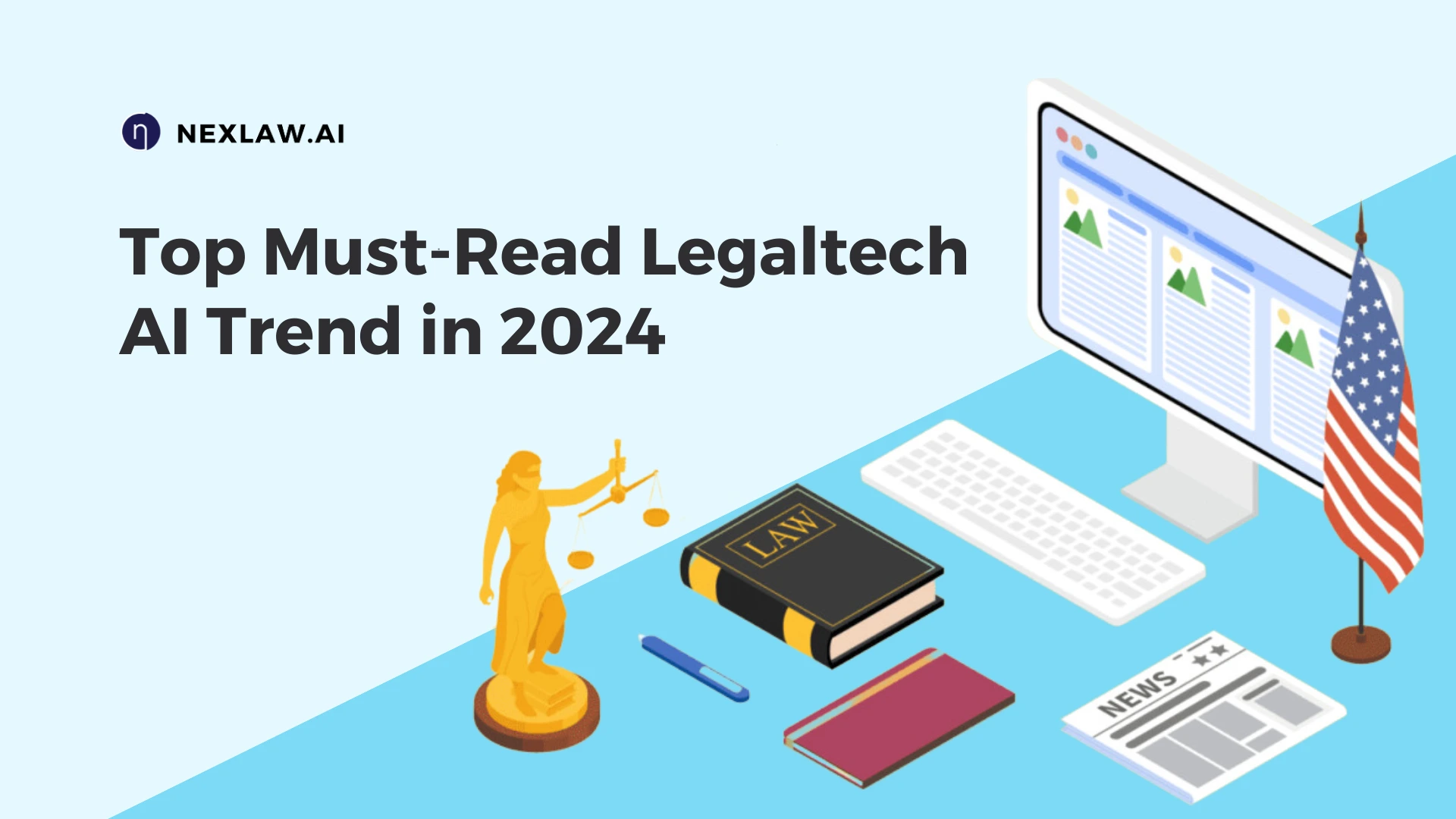European Parliament Enacts Landmark AI Act: The World’s First Comprehensive Legislation Governing Artificial Intelligence

European Parliament Enacts Landmark AI Act: The World's First Comprehensive Legislation Governing Artificial Intelligence
In a momentous development, the European Parliament has recently passed the AI Act, establishing a pioneering legal framework for regulating artificial intelligence (AI) worldwide. This groundbreaking legislation aims to establish guidelines that govern the development, deployment, and utilization of AI systems across various sectors. Let’s explore the key aspects of the AI Act and what it means for the future of AI regulation.

The AI Act represents a significant step towards addressing the ethical, social, and legal challenges brought about by the rapid progress of AI technologies. Embracing a risk-based approach, the law categorizes AI systems into four tiers: unacceptable risk, high risk, limited risk, and minimal risk. Each tier comes with specific regulatory requirements and responsibilities.
- Unacceptable Risk:This category includes AI systems that pose significant threats to fundamental rights or safety, such as those used for social scoring, biometric identification, and behavior manipulation.
- High Risk: AI systems deemed high risk, like those in critical sectors such as healthcare and transportation, will face stringent regulatory oversight. They must meet strict requirements regarding transparency, accuracy, human oversight, and data governance.
- Limited Risk: AI systems falling under this category will have lighter regulations but still require transparency and user disclosure. Examples include chatbots, AI in video games, and educational AI systems.
- Minimal Risk: AI systems with minimal risk levels, like spam filters or virtual personal assistants, will not be subject to specific regulatory mandates.

The AI Act includes provisions aimed at ensuring transparency, accountability, and human oversight in AI systems. Some key provisions are:
- Transparency and Explainability: High-risk AI systems must provide users with clear information about their capabilities and potential biases to enhance user awareness during interactions.
- Data Governance: The legislation emphasizes data protection and privacy by requiring measures to ensure data security and prevent unauthorized access or use of personal data.
- Human Oversight: High-risk AI systems must incorporate mechanisms for human oversight to enable human intervention in critical decisions.
- Conformity Assessment: Developers must conduct a conformity assessment to ensure compliance with the AI Act’s requirements.
- Enforcement and Penalties: National authorities can enforce compliance and impose penalties for non-compliance.
The enactment of the AI Act has significant implications for AI developers, businesses, and users by balancing innovation with societal interests. By providing a clear regulatory framework, the legislation aims to build trust in AI technologies while promoting responsible development and deployment.
The impact of the AI Act is expected to extend beyond EU borders as a model for other jurisdictions seeking to regulate AI systems globally. This could lead to a convergence of international regulations in the field.
The European Parliament’s approval of the AI Act marks a significant milestone in regulating artificial intelligence. By prioritizing transparency, accountability, and human oversight, the legislation aims to ensure responsible use of AI technology while fostering innovation. Monitoring its implementation will be crucial to assess its effectiveness in balancing innovation with societal well-being as AI continues to evolve.
Summer Wong
Content creator & copywriter @ NexLaw







